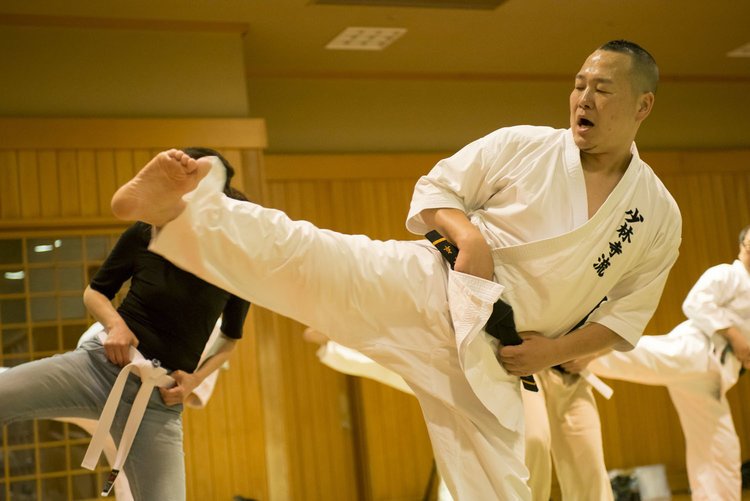The Surprising Connection Between Marital Arts, Samurai Bushido, and Zen Buddhism
“Mushin represents a crucial element of mastery, where the body and mind work harmoniously without conscious effort.”
The Mind of No-Mind: Zen Buddhism, Samurai, and Martial Arts in Japan
The concept of “no-mind,” or mushin in Japanese, plays a crucial role in the history and philosophy of Zen Buddhism, the samurai, and martial arts in Japan. Rooted in Zen teachings, mushin refers to a mental state of clarity, where the mind is free from distractions and unnecessary thoughts. This state of heightened awareness has influenced not only Japanese martial arts but also the way of the samurai, forming the foundation for the spiritual and mental discipline required in these practices.
What is Zen Buddhism?
Zen Buddhism, which arrived in Japan from China in the 12th century, emphasizes direct experience and meditation as the paths to enlightenment. One of its central teachings is the concept of “no-mind” or mushin, meaning “mind without mind.” This state of mind is achieved through rigorous meditation practices such as zazen, where one learns to clear the mind of thoughts and ego, leading to a calm and focused awareness.
In Zen, mushin is not just an empty state but one where the mind is highly receptive, attuned to the present moment without being clouded by preconceptions, judgments, or emotions. This mental clarity is vital in martial arts and the samurai way, where practitioners must respond instinctively to situations without hesitation.
Mushin in Samurai Culture
The samurai, Japan’s elite warrior class, adopted Zen Buddhism as a philosophical and spiritual guide during the Kamakura period (1185-1333). In the heat of combat, the samurai had to rely on instincts rather than conscious thought. Mushin allowed them to be fully present, react quickly, and remain calm in the face of life-or-death situations. This state of no-mind freed them from fear and doubt, helping them act with precision and confidence. Aside from Zen Buddhism, countless other religious and spiritual practices influenced warrior culture, such as Shugendo, Confuscianism, and other esoteric beliefs.
However, Zen Buddhism truly became linked with samurai identity in the Edo Period, as the times of civil war and brutal battle disappeared. Zen’s focus on discipline, mindfulness, and acceptance of death resonated deeply with the samurai's way of life. Mushin became essential to the samurai's practice of bushido, or the "way of the warrior," enabling them to face danger with composure and act decisively in battle.
The Spiritual Path of Mushin Today
Beyond the samurai, the philosophy of mushin has permeated various Japanese martial arts, including kendo, karate, aikido, and judo. In these practices, mushin represents a crucial element of mastery, where the body and mind work harmoniously without conscious effort.
Zen meditation practices such as zazen help cultivate this state, allowing practitioners to achieve mental clarity, emotional resilience, and a deeper connection to the present moment.
Whether in battle or daily life, here are some ways to practice the philosophy of mushin while traveling in Japan:
Visiting a katana samurai sword forge and witnessing how samurai culture is preserved in modern Japan
Sitting ringside at a sumo morning training session and watching these mighty fighters clash
Experiencing traditional Japanese martial arts, such as judo, aikido, karate, or kyudo
Calm your mind and seek mushin with Zazen meditation, led by Buddhist monks
The philosophy of mushin—the mind of no-mind—continues to influence martial arts, samurai traditions, and spiritual practices in Japan. Engage deeper with mushin through authentic masterclasses and cultural experiences in Japan for a more enriching understanding of this ancient philosiphy.
Want to read more about how martial arts, mushin, and Buddhism interact? For a deeper dive, click here.











